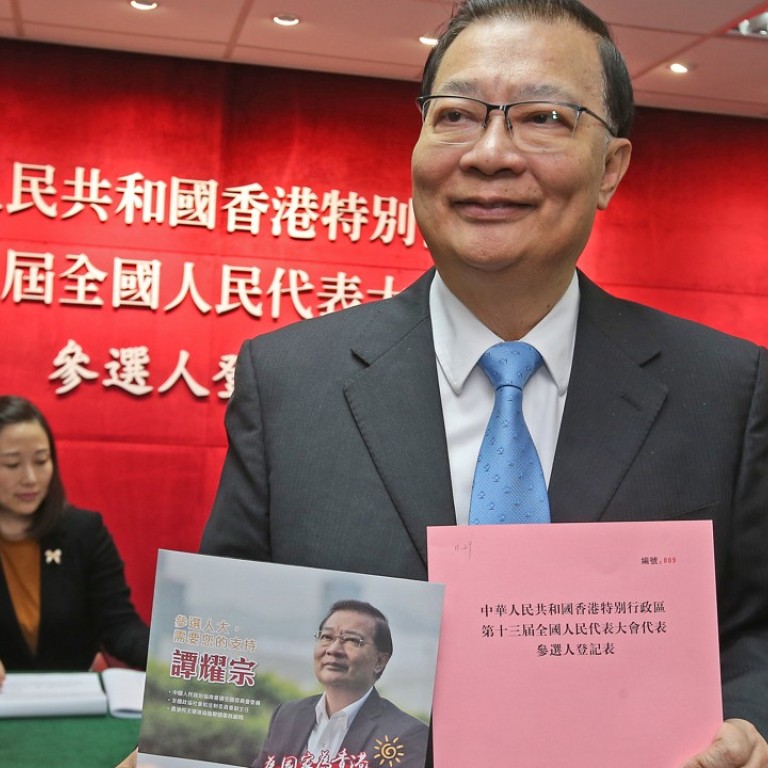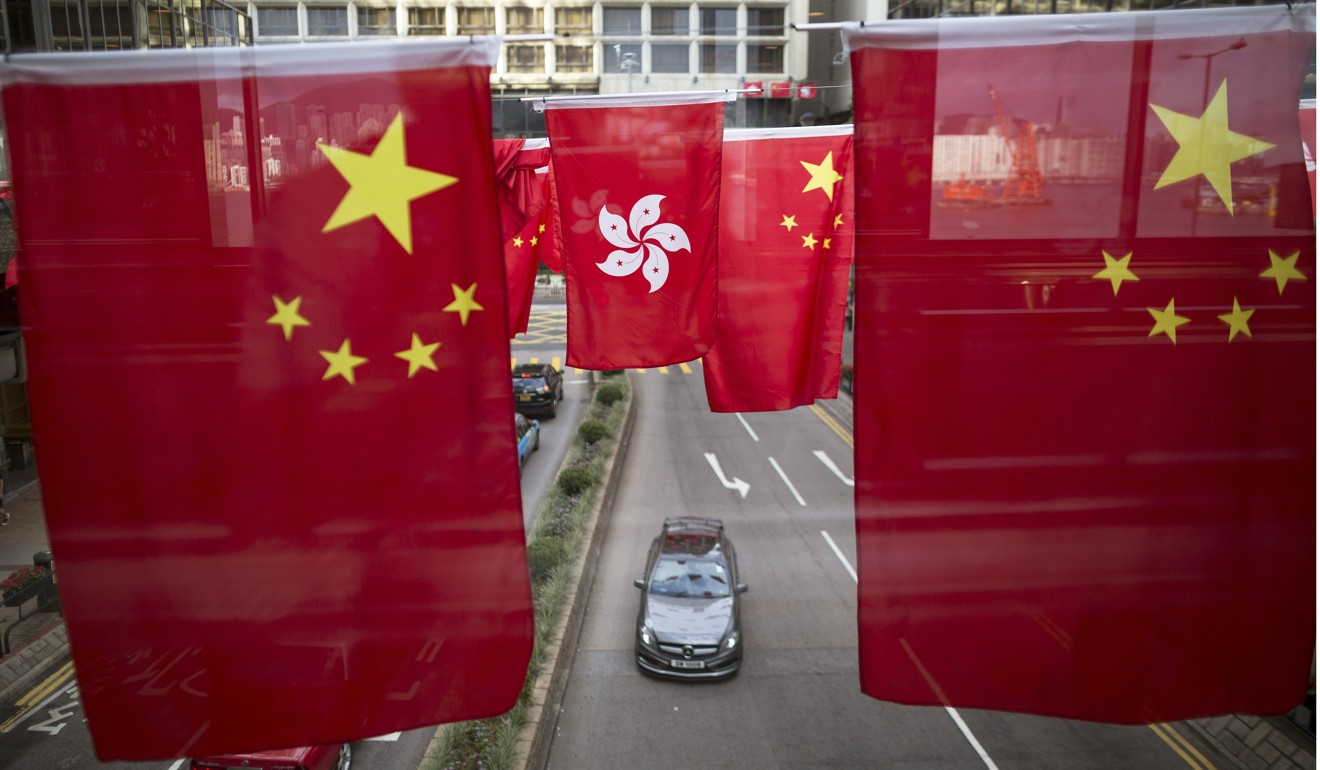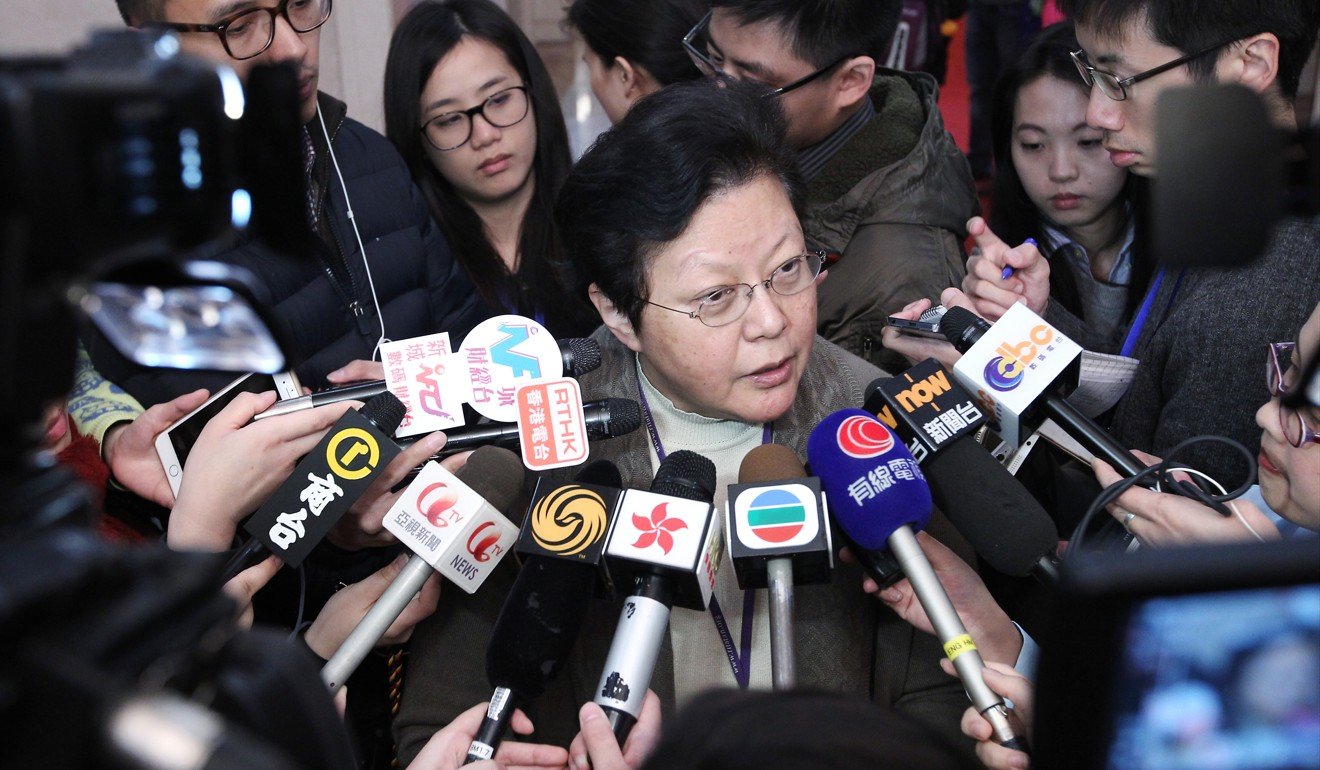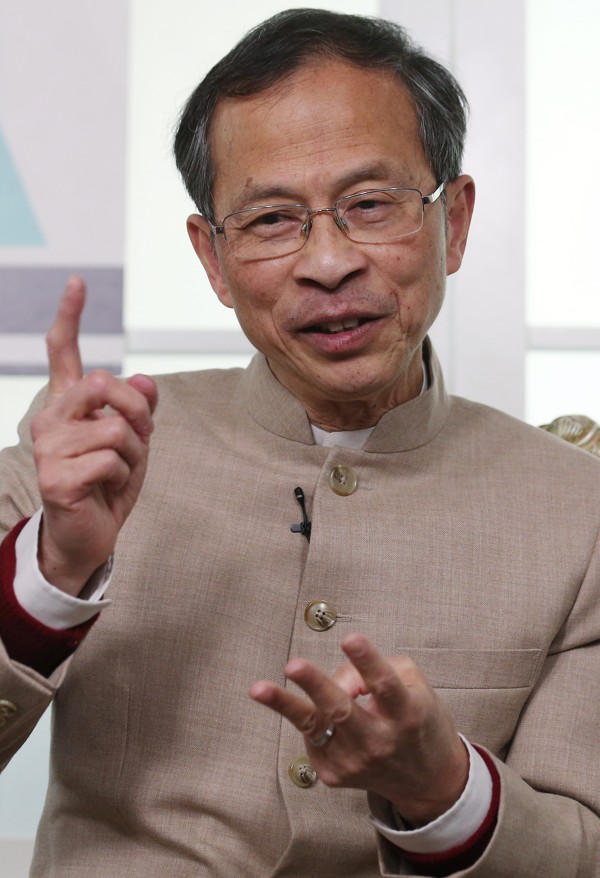
Hong Kong’s future lies in the hands of its next delegates to China’s top legislature
Alice Wu says next week’s election of the representatives to the National People’s Congress is important because of the enormity of the task that awaits them – charting the city’s political road map after 2047
This is because, in addition to the obvious fact that ordinary Hongkongers do not and cannot vote for their representatives, more often than not, the NPC-related news reports we see in Hong Kong cover the contentious issues between our city and Beijing. The specifics differ but they tell the same story: the “one country, two systems” is a formula for frustration.
Of course, we understand that the NPC is vested with the enormous power to change our reality on a whim. It can formulate and revise the country’s constitution, and enact and amend the laws of the state. It elects members of the Standing Committee, decides on questions of war and peace, and examines plans for national economic and social development. And, as we in Hong Kong well know, it also decides on the establishment of special administrative regions and the systems to be instituted there.

Among all deputies to the NPC, the ones hailing from the SAR play a unique role. Thanks to “one country, two systems”, Hong Kong deputies have to manoeuvre on the narrow plane where the two drastically different systems meet.
Theirs is the most challenging of political balancing acts: they have to communicate the views of Hong Kong people to Beijing on the one hand, and explain the central government’s positions to Hong Kong on the other.
New faces, new expectations, but will Hongkongers in China’s legislature deliver on conflicting demands?

Legal specialists among almost 60 to join battle for National People’s Congress seats
With Beijing hoping to strengthen its influence in legal issues, Hong Kong’s freshmen NPC deputies are going to have to be the first ones to figure out what the melding of Beijing’s “comprehensive jurisdiction” with Hong Kong’s high degree of autonomy in an “organic” way means.
In short, they will have to work out what will become of Hong Kong when “one country, two systems” expires in 30 years’ time.
The importance of this work cannot be overstated.

Today, we must be realistic and accept that a more politically convenient environment may not present itself any time soon.
The legislation of a security law – that is, Article 23 – won’t be the only knotty issue NPC delegates find themselves getting involved in. They will also have to play an instrumental role in shaping the post-2047 constitutional arrangements.
Hong Kong delegate to China’s legislature vows push for national security legislation
Some NPC candidates, like Michael Tien Puk-sun, have said they will focus on the city’s economic development. But work on Hong Kong’s political development is going to be inescapable.
These are enormous responsibilities. Let’s hope everyone who is vying for NPC seats knows what they’re signing up for.
Alice Wu is a political consultant and a former associate director of the Asia Pacific Media Network at UCLA

